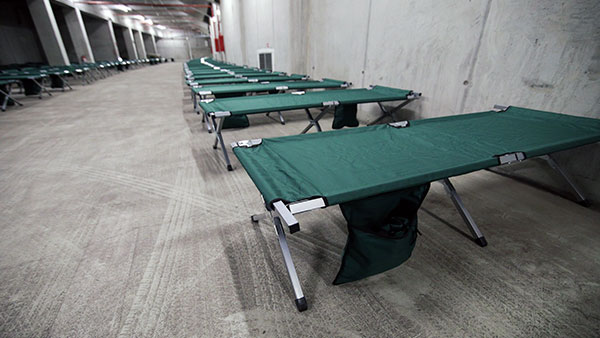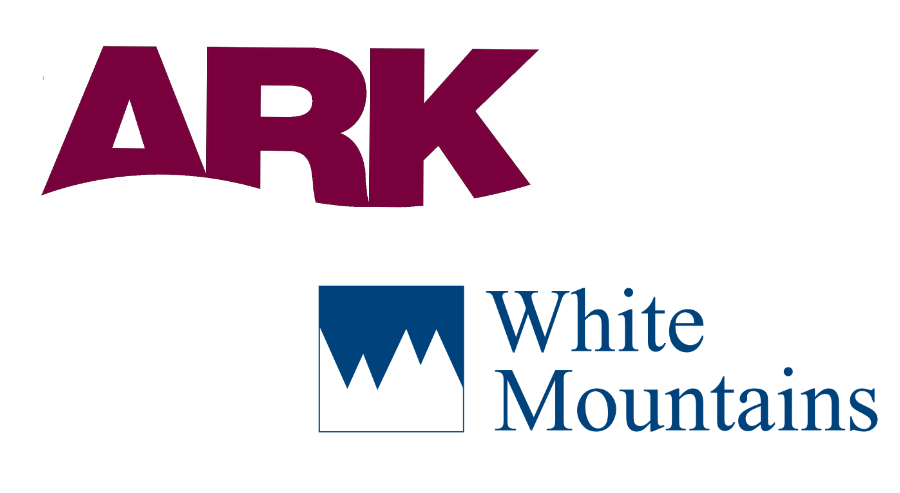
With hurricane season now upon us and the risks of wildfires increasing every day in the summer heat, planning for natural disasters is an inevitable and necessary part of every disaster preparation or business continuity plan.But how effective will these plans be in the midst of the current COVID-19 pandemic? States and coastal communities around the country are starting to grapple with exactly that question and how to adapt their existing disaster preparedness plans in response.The Centers for Disease Control and Prevention discusses some of the challenges on these two pages: Preparing for Hurricanes During the COVID-19 Pandemic COVID-19 Considerations for Cleaner Air Shelters and Cleaner Air Spaces to Protect the Public from Wildfire Smoke Business owners and managers of stores, offices and other organizations must be aware of the changes when creating or updating disaster preparedness plans to encompass the increased risks that coincide with the current pandemic.
The time is now to make the necessary preparations.COVID-19 CONSIDERATIONS Consider these items when evaluating whether to modify your preparedness plans while remaining compliant with current pandemic restrictions: Business continuity – A business continuity plan outlines your preparations for a disaster and strategies for your business to survive after a disaster.In any impending natural disaster, your employees will be under pressure to prepare their homes and will be making decisions on how best to evacuate and shelter within social distance guidelines.
Having a formal business continuity plan can make a significant difference in your ability to resume operations after the disaster subsides.Identifying key individuals and responsibilities as well as recovery operations are critical components of any business continuity program.Evacuation – Typically, communities would prepare for evacuation before hurricane and wildfire season.
However, people may not be willing to evacuate due to COVID concerns, which can add to the complexity and difficulty during an evacuation.Business owners and employees should consider what actions they will be willing to take and how and where to evacuate in event of an emergency.Shelters – Shelters may need to be reconfigured to accommodate social distance guidelines.
Decreased occupancy rates at hotels may present a viable shelter option to maintain social distancing.FEMA support – Available resources and the ability of the Federal Emergency Management Agency to provide support may be stretched thin due to the COVID pandemic.The extent of these limitations is yet to be determined and could vary from city to city.
Supply shortages/supply chains – Some states are facing unique supply shortages.Medical supplies and personal protective equipment were already in high demand countrywide and may be difficult to secure during a natural disaster.The economic downturn resulting from the pandemic may make it difficult for shelters to procure food and medical supplies.
Your business continuity plan should consider these potential shortages.MORE INFORMATION The Federal Emergency Management Agency’s COVID-19 Pandemic Operational Guidance for the 2020 Hurricane Season (PDF 2.3MB) offers additional details to state and local authorities preparing for disasters.FEMA maintains a number of resources for the public to address a variety of natural and other disasters at Ready.gov.
This loss control information is advisory only.The authors assume no responsibility for management or control of loss control activities.Not all exposures are identified in this article.
Contact your local, independent agent for insurance coverage advice and loss control information.Share This Blog:
Share This Blog:
Publisher: Cincinnati Insurance








